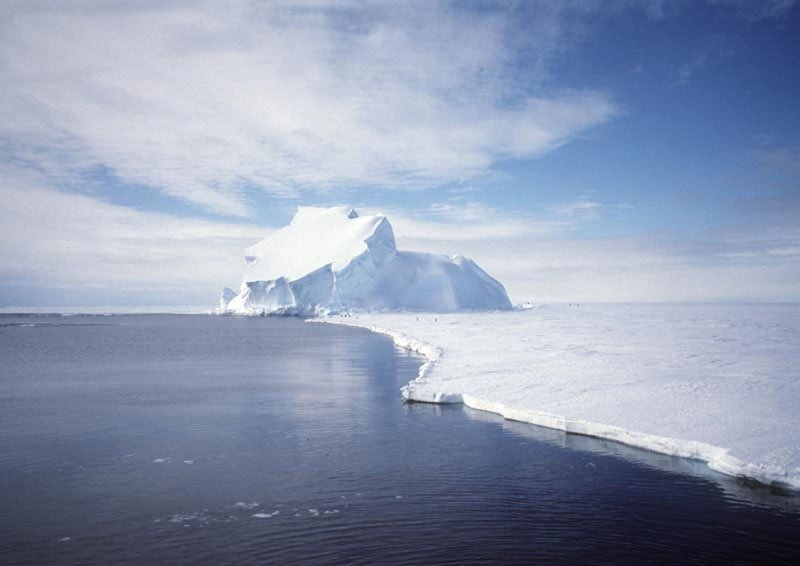LONDON, July 22 (UPI) -- Heat absorbed by the deep oceans has brought a slowing of global warming in the last five years, U.K. scientists say, but the long-term trend is still upward.
Oceans absorb large amounts of the Earth's heat, a phenomenon that goes on over long periods as heat from the ocean surface is gradually circulated to the seas' deeper regions, they said.















